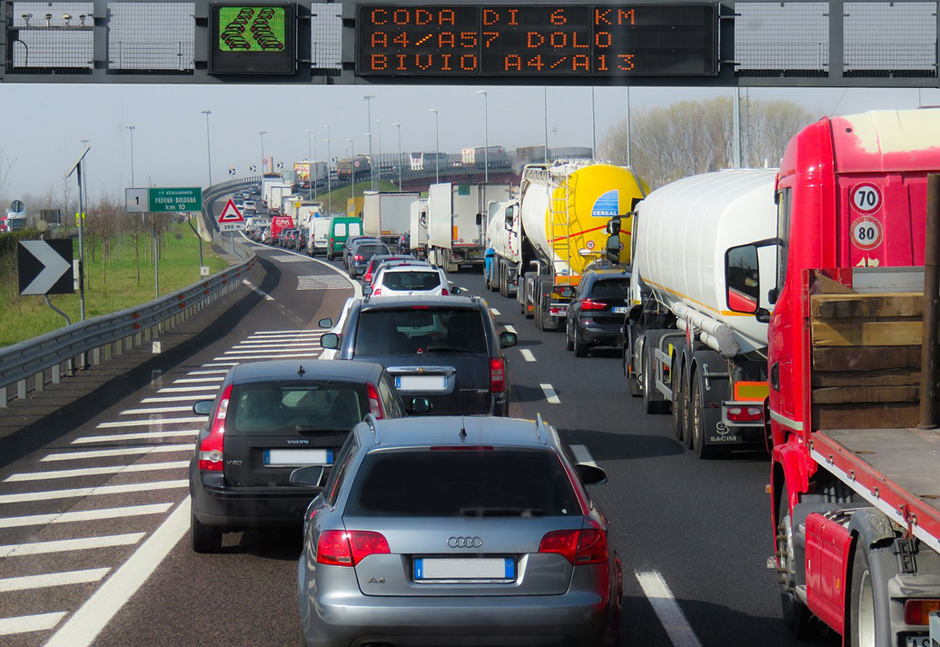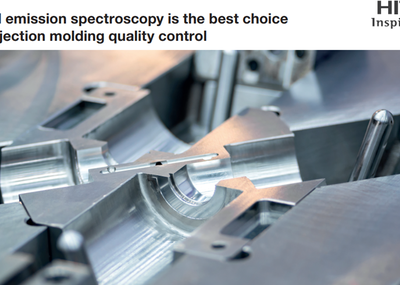The reason for this is that many EU countries, such as Italy, France, and six others, had enough votes in the European Council to prevent the EU Commission's law being passed. The main motive for rejecting the law was the fear of competitive disadvantages for the industry. Previously, the European car manufacturer Acea had published a study, according to which the actual production costs per vehicle would be four to ten times higher than originally planned by the EU Commission.
In detail, this meant an increase in production costs of around 2,000 euros per vehicle, cars or vans, with combustion engines. Diesel trucks and buses would have additional costs of around 12,000 euros! However, it should be mentioned that these estimates concern production costs only. The price surcharges for customers are here not included. For comparison: the EU Commission calculated additional costs of a few hundred euros for cars and vans and about 2,800 euros for trucks and buses. However, the Acea study revealed that this estimation is not true.
This is why the German automotive industry was very relived about the failure of the draft law. Another reason was that they had been fighting against the law for a long time. According to Hildegard Müller, President of the German Association of the Automotive Industry, the Euro-7 draft was partly very far from reality. "Our aim is to combine a substantial air quality improvement with workability, prudence, and a balanced cost-benefit ratio," Müller stated. In this context, Müller said, it would be important to "tackle appropriate improvements to the proposals in order to find a new solution in an adequate and timely manner".
Source: Handelsblatt





